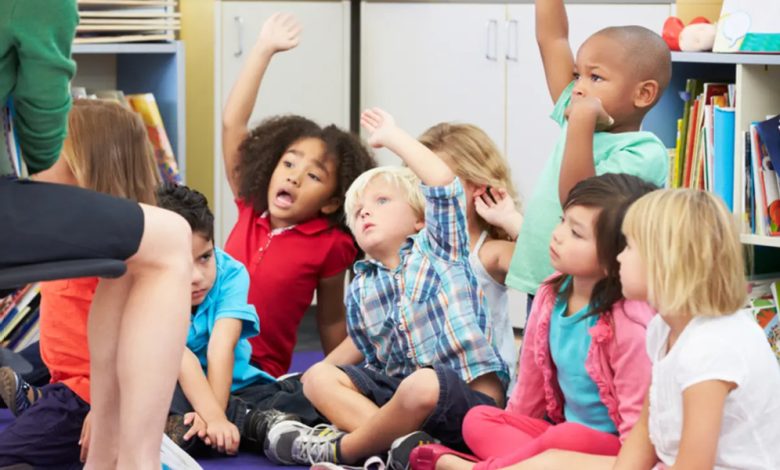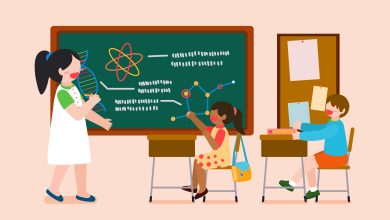Ways Through Which Teachers Can Build Self-Esteem in Children

Self-esteem is essential for children since it influences nearly every aspect of their lives. Self-esteem improves academic achievement, social skills, and the capacity to create supportive and long-term relationships. When children possess self-esteem, their relationships with classmates and instructors are healthy. Children with strong self-esteem can better cope with mistakes, disappointment, and failure and are more likely to finish challenging activities. All of these aspects help them to establish clear objectives for themselves. Self-esteem is a lifetime requirement that educators and parents may rapidly boost.
Ability school aspires to work with children as independent learners to meet every student’s needs. They focus on the child’s overall development and provide a tailored learning experience. These aspects make ability school the best preschool in jersey city.
Ways to Improve Student’s Self-Esteem
You can do more to build your students’ self-esteem by providing meaningful feedback. Students need to have self-esteem both in and out of the classroom, but many children need help cultivating positive self-theories; this is where their mentors come in. Here is what teachers and parents can do to support high self-esteem in students:
-
Focus on positive
Do you ever notice that people with poor self-esteem tend to focus on the negative? You’ll hear them talk about their mistakes and weaknesses. Students with these personality traits should be encouraged to look at the positive side. Lead your students by example, demonstrate what it looks like to forgive themselves for mistakes, and appreciate their strengths. This will help them see the positive aspects rather than the shortcomings. Focusing on the positive doesn’t mean you can’t ever give negative feedback; it just means that you should praise more and provide negative feedback sparingly.
-
Embrace growth mindset
No student is perfect, and mistakes are inevitable. Students with low confidence may focus on failures and not see the progress that they’ve made. Use mistakes or failures as learning guides for students. Remind them that their weaknesses do not define them, and reassure them to keep moving forward in their paths. This approach focuses on adopting a growth mindset, in which students shift from “not” and “can’t” to “not yet.”
-
Increase sense of ownership
Urge students to take ownership of their knowledge by providing them with opportunities for decision-making, even if it comes to assignments or classroom rules. While it can be tempting to guide students through an assignment, show them the correct way, and encourage them to reach the final answer according to their understanding. Students are encouraged to apply their learning in the real world at ability school. Ability School has a rich curriculum, including music, creativity, writing, science, & history. Students gain confidence in their ability to tackle anything they desire to learn and encourage them to achieve their goals and dreams, making them one of the best elementary schools in New Jersey.
-
Don’t compare one student with another.
Every child is unique in their way. Accept that some kids will excel in specific areas where others may struggle. Differentiated learning can assist students in determining their preferred learning style. When students’ needs aren’t being satisfied in the classroom, they may feel as if they aren’t welcome. Take note of your student’s skills and learning styles, and build a classroom environment that supports each student’s unique abilities.
Read Also: How is the CBSE board syllabus different from the ICSE board?




